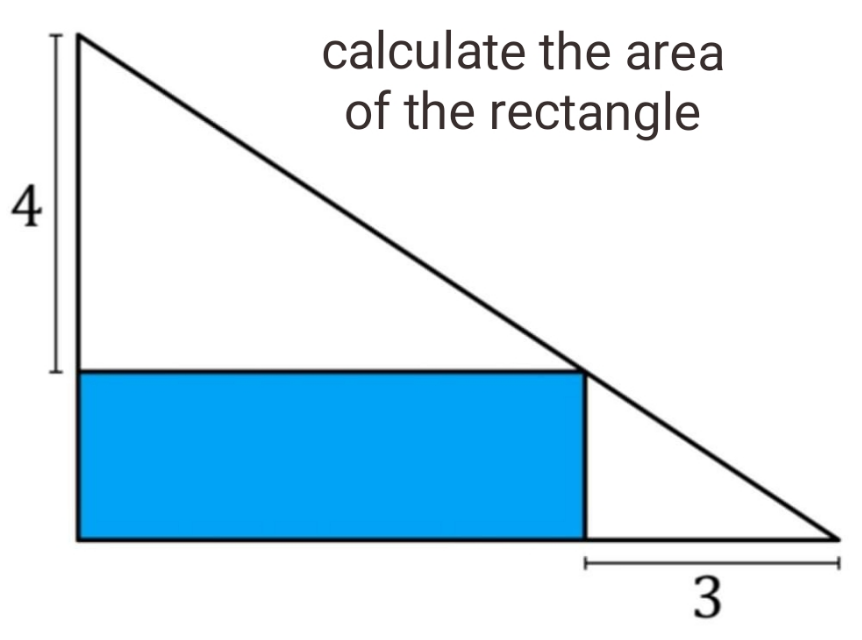
AllQuestion and Answers: Page 675
Question Number 152287 Answers: 2 Comments: 0
Question Number 152281 Answers: 1 Comments: 0
Question Number 152276 Answers: 1 Comments: 0
Question Number 152275 Answers: 2 Comments: 0
Question Number 152273 Answers: 1 Comments: 0
Question Number 152271 Answers: 1 Comments: 0
Question Number 152270 Answers: 2 Comments: 0
Question Number 152265 Answers: 1 Comments: 0
Question Number 152247 Answers: 3 Comments: 0
Question Number 152244 Answers: 0 Comments: 0
Question Number 152241 Answers: 4 Comments: 0

Question Number 152240 Answers: 1 Comments: 0
Question Number 152239 Answers: 0 Comments: 0
Question Number 152226 Answers: 0 Comments: 1
Question Number 152211 Answers: 0 Comments: 1
Question Number 152492 Answers: 1 Comments: 0
Question Number 152208 Answers: 1 Comments: 0
Question Number 152204 Answers: 3 Comments: 2

Question Number 152203 Answers: 0 Comments: 1
Question Number 152201 Answers: 0 Comments: 0
Question Number 152178 Answers: 2 Comments: 1
Question Number 152175 Answers: 1 Comments: 6
Question Number 152187 Answers: 1 Comments: 1
Question Number 152165 Answers: 2 Comments: 0
$$\int\frac{\mathrm{sin}\:\mathrm{x}}{\mathrm{sin}\:\mathrm{3x}}\mathrm{dx} \\ $$
Question Number 152164 Answers: 1 Comments: 2
Question Number 152163 Answers: 1 Comments: 0
Pg 670 Pg 671 Pg 672 Pg 673 Pg 674 Pg 675 Pg 676 Pg 677 Pg 678 Pg 679
